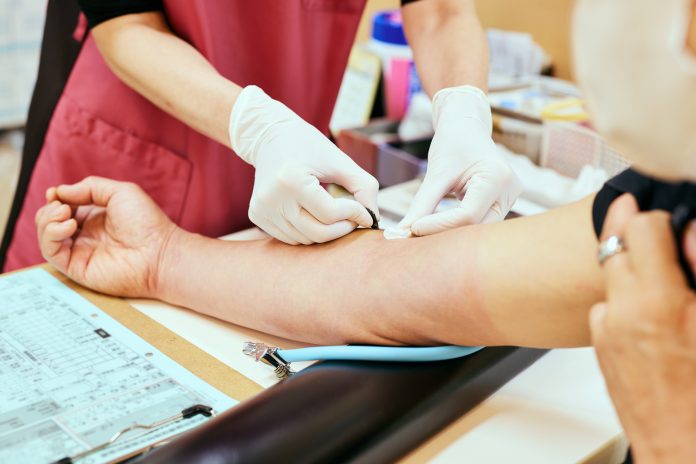
Early cancer detection company Grail announced the start of a study to assess the clinical impact of the company’s Galleri multi-cancer early detection test among Medicare beneficiaries, with a specific focus on racial and ethnic minorities in historically underserved communities.
The Real-world Evidence to Advance Multi-Cancer Early Detection Health Equity (REACH/Galleri-Medicare study) aims to include up to 50,000 Medicare beneficiaries who will receive usual care along with an annual Galleri test, compared to a matched comparator arm receiving only usual care. Medicare will cover the costs of the test and associated routine items and services for participants. Given that age is a significant risk factor for cancer, the study targets Medicare beneficiaries who face a substantial unmet need for early cancer detection.
“Although recommended cancer screening tests save lives, they are only available in the US for three types of cancers for women, and two types for men, with an additional screening for those with a heavy smoking history, said Bob Ragusa, chief executive officer at GRAIL. “Multi-cancer early detection holds the promise to detect more cancers earlier, improve cancer outcomes, and reduce overall cancer costs, but only if accessible to all seniors,.”
More than 600,000 people died from cancer in the US last year and roughly 400,000 of these deaths were in people 65 and older. The majority of cancer diagnoses in this age group are made too late and according to the Grail press release announcing this study, seven in 10 cancer deaths are attributed to cancers lacking recommended early detection screening.
“The Galleri-Medicare study demonstrates our commitment to provide broad, equitable access to early cancer detection that is representative of the US population, including groups that are often under-represented in clinical research,” added Ragusa. “Grail designed the Galleri-Medicare study to meet the aspirations of the Cancer Moonshot’s goal of advancing early detection, add to our robust ongoing real-world evidence generation, and continue to demonstrate Galleri’s clinical benefit for early detection.”
While the study timelines are still in development, interim data is expected to be available for CMS consideration in the event of FDA approval of a premarket approval application (PMA) for Galleri. The study aligns with Grail’s commitment to generating evidence that supports broad, equitable access to Galleri across diverse populations and healthcare institutions.
Other study’s by Grail to build evidence around the Galleri test include the PATHFINDER study, which demonstrated that adding MCED screening to standard care more than doubled the number of cancers detected compared to standard care alone. Additionally, Grail’s partnership with England’s National Health Service involves the ongoing NHS-Galleri trial, a randomized controlled trial with over 140,000 participants aimed at reducing late-stage cancer diagnoses. To date, over 100,000 commercial Galleri tests have been processed, contributing to the growing body of evidence supporting the potential of multi-cancer early detection to transform cancer detection outcomes and reduce associated costs.











